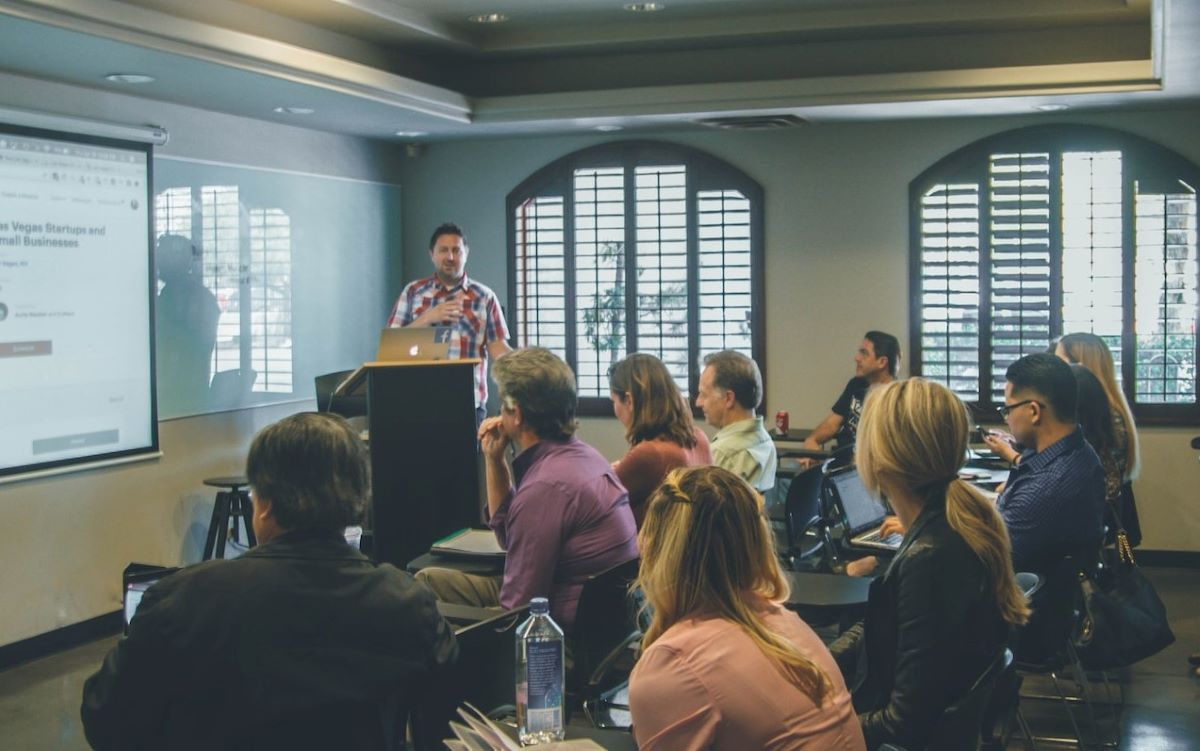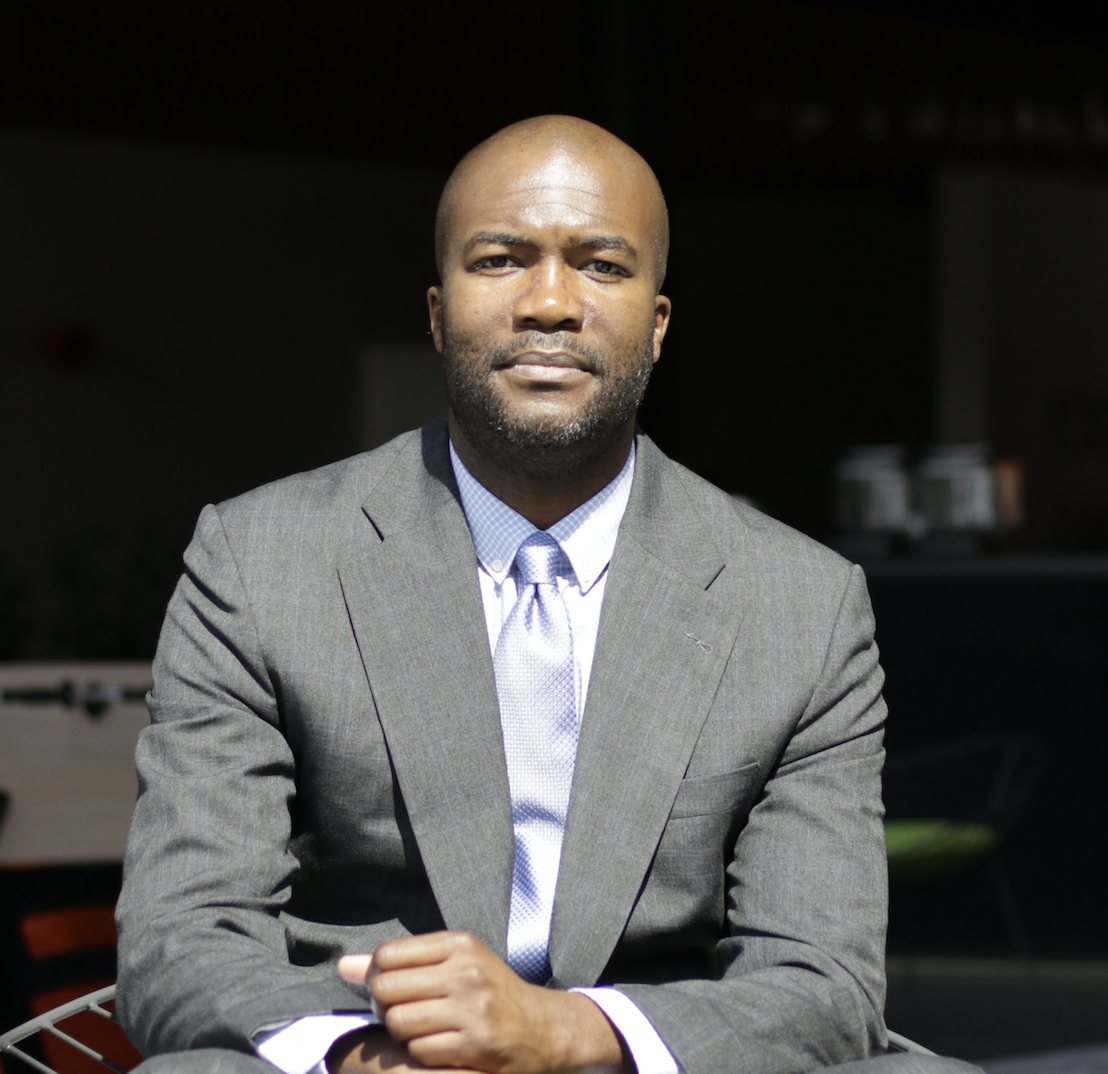7 Tips For Scaling Professional Development At A Statewide Level
INNOVATIVE LEADER AWARD WINNER - How to provide professional development opportunities that work at every teaching level across your state

Tools and ideas to transform education. Sign up below.
You are now subscribed
Your newsletter sign-up was successful
Matt Winters is an educator first and foremost, having taught in higher education and K-12. He currently is a senior technology trainer for Utah Education Network, which supports an entire state of 700-800,000 students, by no means a small population to serve.
Winters, who was recently honored with an Innovative Leader Award for Best Example of Professional Development, offers advice for other state education leaders looking to improve professional development at every level across their states and school districts.
1. Scaling PD at a Statewide Level: Be a curator of opportunities for teachers
If someone is a PD provider, Winters says they should think of themselves as curators.
“Be active and seek out opportunities for teachers,” he says, also suggesting creating lists and determining ways to provide teachers with information about a variety of grants and upcoming events. “This helps them choose what’s important for them.”
2. Enlist the help of teachers themselves
Winters encourages others to not think of professional development as a top-down model. Buy-in happens in a more meaningful way when teachers are more engaged in the process, particularly when selecting the topics on which to focus and the learning process.
“I want teachers who are finding their own professional development,” he says. “In the best-case scenario, the things that they need to learn, that they've identified, are exciting for them.”
3. Be attentive to the needs of teachers
Winters supports teachers in the classroom by going to districts across Utah and learning about their needs and what kinds of resources are necessary for them to be successful. He says the right mindset has to be in place to make sure teachers flourish.
Tools and ideas to transform education. Sign up below.
“Be climate control, not command-and-control,” he says. “Let's ask the teachers what they need. Let's provide the money so that they can get there.”
4. Give teachers as many options as possible
Winters stresses the importance of being flexible with PD. Teachers need to have a number of options to incorporate it into their busy schedules, and that means also providing opportunities for recursive learning that they can go and view on their own time.
“If they're doing it live, they have to have some choices as to when and where they go,” he says.
He tailors PD opportunities to suit each department. “When I do sessions for schools, I use a Google site and I create one for every PD that I do,” he says, which makes it convenient for educators. “They can go back and review it as many times as they want.”
5. Be forward-looking
Good professional development is not limited to the current needs of teachers and should anticipate future needs. Winters says that too often there is a mindset of putting out little fires and trying to address every single issue.
“Let's think about what are the underlying problems and things that in the future will help solve those issues appropriately,” he says. “Let's plan for the next big thing that comes down the pipeline in education.”
6. Learn from others
Do not just think about professional learning in terms of your specific district. Be proactive and go out to learn from others.
“Break down the silos between you and the rest of the state or the rest of the district or the rest of the world, and then learn from others and support others,” says Winters. By doing so, you may help save yourself time and effort by not having to come up with solutions that others might have already created. Embrace the synergy that comes from sharing best practices, which benefits everyone involved.
7. Be willing to assist teachers with technology in their classroom
Thanks to Utah’s digital teaching and learning grant and personalized competency learning grant, it has become a technology-rich state, says Winters. Consequently, much of his time and focus is spent on how to help teachers best utilize technology they have at their disposal.
For example, Winters strives to make sure that teachers use technology in interesting ways that match their curricular goals, their content area goals, and their standards. He says, “That's something we can't overlook as PD developers, especially in technology now, is making the connections from the technology over to what the teachers actually teach in their classrooms.”
Ian Peterkin is a writer and educator. He has taught at universities in America, China, and Dubai. He has an MFA in creative and professional writing from Western Connecticut State University. His work has been featured in Rio Grande Review, Helix, Wagner Lit, Flare: The Flagler Review, The Pointed Circle, Tenth Street Miscellany, Soliloquies, Noctua Review, The Fourth River, and elsewhere.

